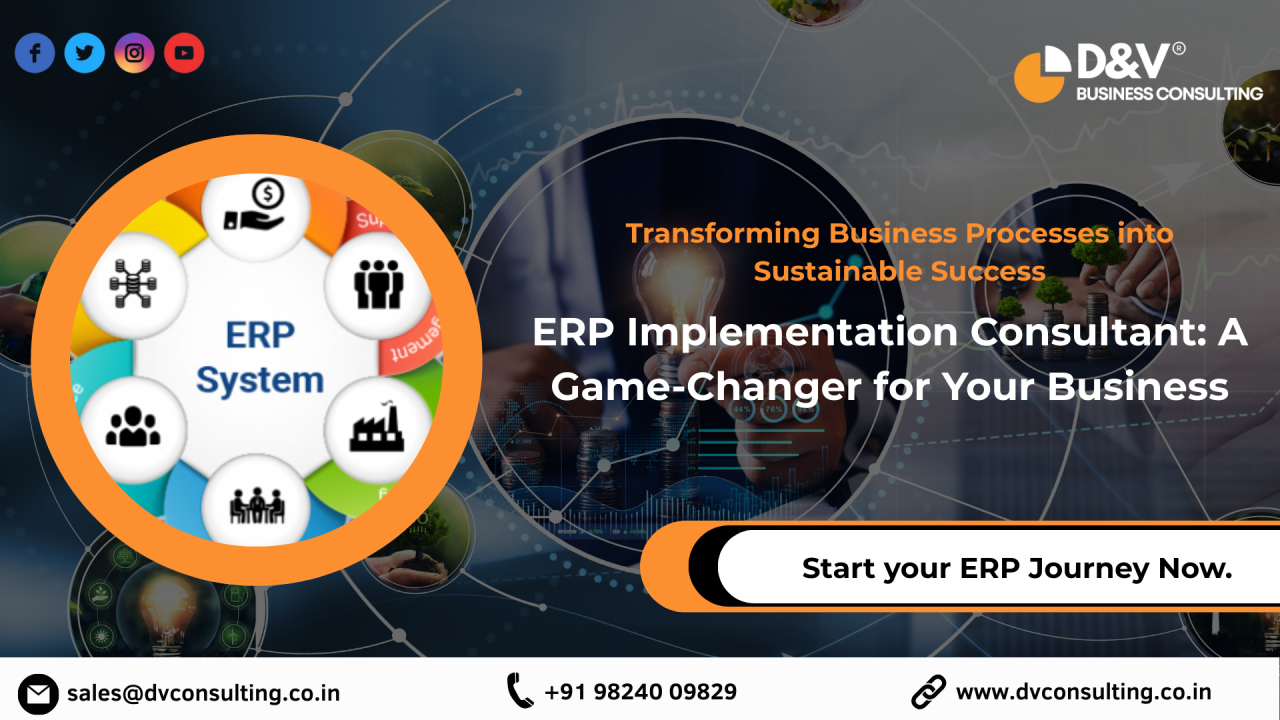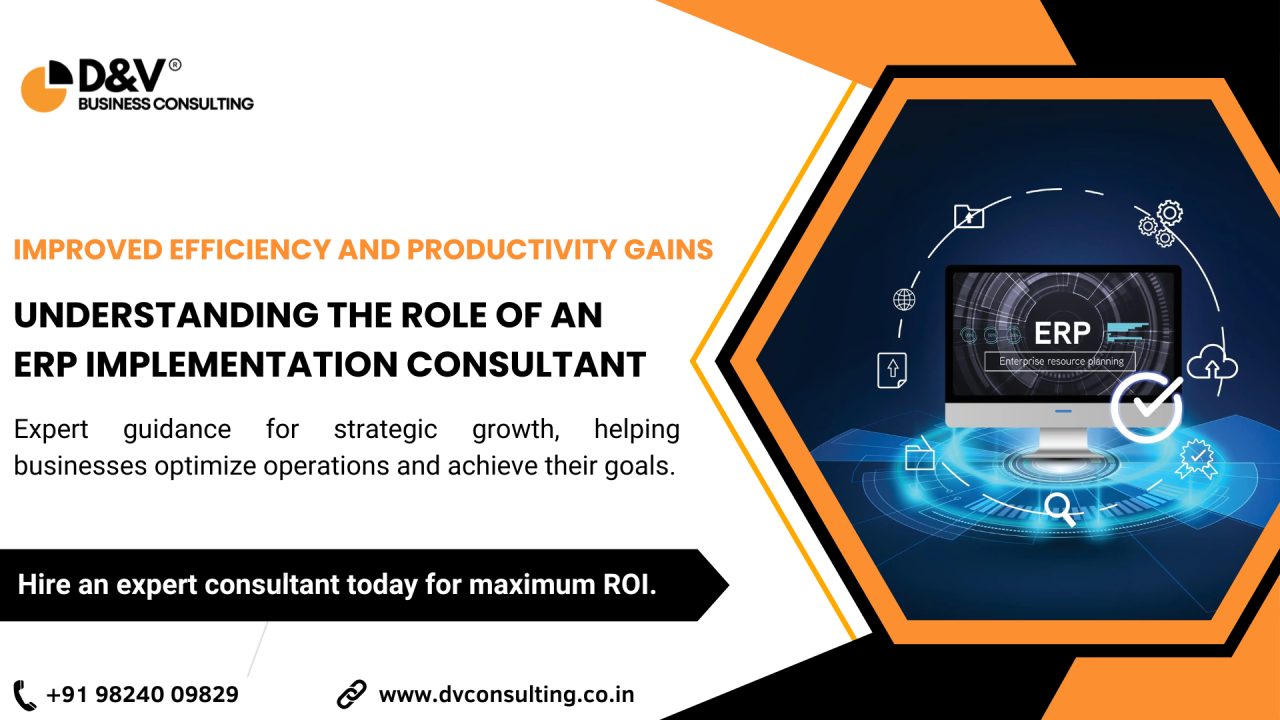
The Role of an ERP Implementation Consultant
An ERP Implementation Consultant is more than a tech expert; they’re a strategic partner who understands the intricacies of business operations. They start by conducting a thorough needs analysis, evaluating your current systems, and identifying gaps. From there, they recommend the right ERP platform and oversee its deployment.
One key aspect is customization. Off-the-shelf ERP might not fit every business, so consultants offer Customized ERP Solutions for Companies that cater to specific workflows. For instance, if you’re in manufacturing, ERP for Manufacturing Industry can automate production scheduling and quality control. Similarly, ERP for Retail Businesses focuses on point-of-sale integration and customer data management.
Consultants also handle data migration, ensuring historical information transfers smoothly without loss. They mitigate risks like data breaches or system downtime, which could cripple operations. Post-implementation, they provide ongoing support, tweaking the system as your business evolves.
Hiring such a consultant isn’t a luxury—it’s a necessity for sustainable growth. They bring best practices from various industries, helping you avoid common pitfalls. In essence, an ERP Implementation Consultant turns a potential headache into a competitive advantage.
Related Posts
The Value of an ERP Consultant: Maximizing Your Return on Investment
The ROI of ERP implementation consultant services is often underestimated until businesses face delays, rising…
 Why Us?
Why Us?  Resources
Resources  Support
Support 









